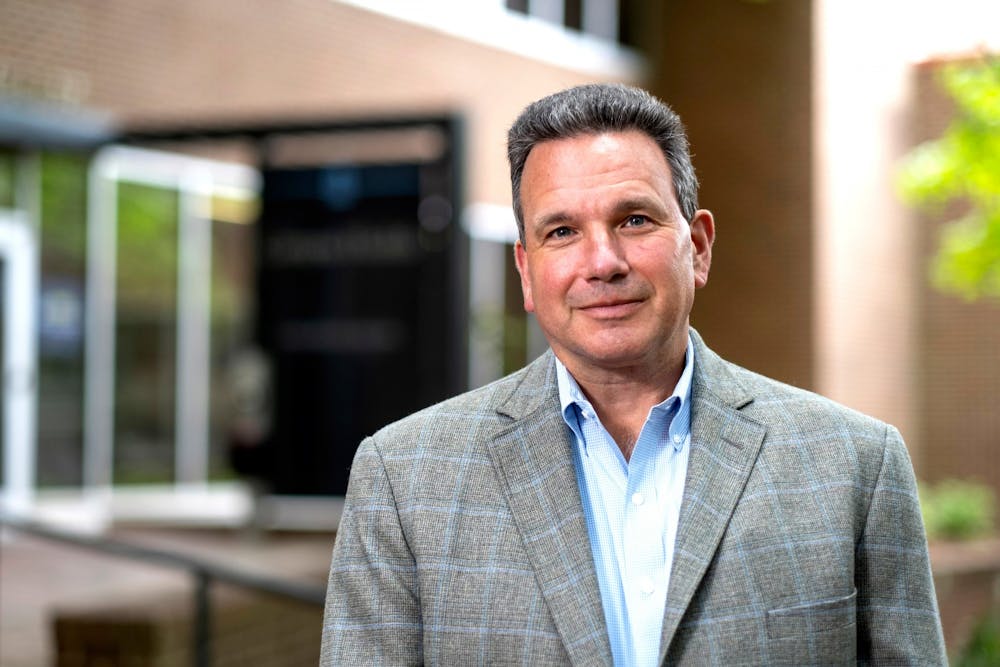While practicing for the ACC Big Ten Challenge in December, UNC redshirt senior guard Ariel Young heard a pop in her knee, causing her to hyperventilate.
After spending the entire 2021-2022 basketball season recovering from a torn ACL, her fear of another injury had come true.
Young later found out the pop was caused by cartilage thinning. She decided to forego the surgery, understanding the limited success rate of the operation and the extensive recovery process.
After 18 years of playing basketball, Young was done.
"I felt depleted," Young said. "I felt defeated.”
Like Young, junior Max DiMuccio, a former cross-country runner, made the decision to step away from his sport. After suffering his seventh stress fracture, DiMuccio said making the choice was "the most difficult thing" he's ever done.
Young and DiMuccio aren't alone. About 4,000 athletes suffer season- or career-ending injuries each year. But to aid UNC athletes in the grieving process that coincides with injury and retirement, the University offers services that work to help athletes’ physical and mental health through this process.
Mario Ciocca is the University's Director of Sports Medicine and the primary care physician for baseball, football and men’s soccer. If athletes are considering stepping away from their sport due to injury, they consult with him for medical evaluation.
Ciocca said he reviews the athlete's injury or medical condition and evaluates if it is safe for them to return. The risks are weighed with the athletes, and Ciocca ensures they understand the short-term and long-term implications of their condition so they don't rush their decision-making process.




